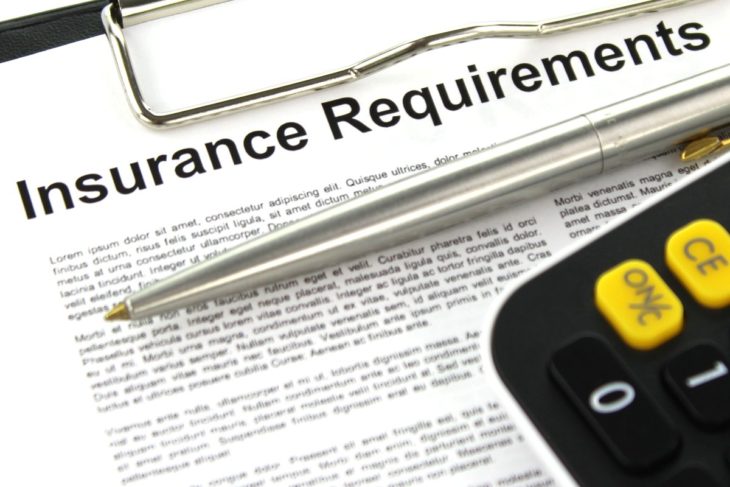Contents
Best Personal Injury Lawyer
In California, there is legislation to protect those who have experienced personal injury due to another’s wrongful actions, commonly known as personal injury law. According to Nakase Law Firm, an injured person may file a personal injury claim in a civil court for money loss caused by another person’s negligence, intentional wrongdoing, or omission. If you –or someone you know– were involved in a personal injury, you must understand the rudiments of personal injury law to know your rights. The following is a collection of the vital laws in California that may impact your injury claim.
Motor Vehicle Accidents
The laws concerned with car accidents include:
Pedestrian Laws
Pedestrians crossing the roadway within a marked or unmarked crosswalk have the right-of-way unless it would create immediate peril due to forthcoming traffic. The “walk” signal, when illuminated, gives the right-of-way to pedestrians facing it; allowing them to cross the road.
On the other hand, pedestrians should not, under any circumstances, attempt to cross the roadway on a “don’t walk” or “wait” signal. If a road does not have a marked or unmarked crosswalk, vehicles have the right-of-way.

Source: The Beliz Law Firm
Driving Laws
The laws that must be heeded by motorist include, but are not limited to:
- Passing: When changing lanes to pass a car, drivers must move from the left side, while keeping a safe distance, and must stay in their current lane until it is safe to return to their previous lane. Drivers being passed should not accelerate while being passed.
- Following: Drivers must maintain a safe distance between them and the vehicles in front of them and must heed the traffic conditions along with the speed of other drivers.
- Turning Left: Drivers turning left must flash the corresponding turn signal, and the turn should be made only when it is safe.
- Intersections: Upon the arrival of two drivers at an intersection concurrently, the driver on the left must yield the right-of-way to the driver on the right.
- Mobile Devices: Drivers are prohibited from using mobile devices while driving unless it can be operated via voice commands and hands-free operations.
Motorcycle Laws
Motorcyclists and their passengers must wear helmets at all times while operating the vehicle. Also, the motorcycle headlights must be turned on at night-time.

Source: Picpedia
Insurance Requirements
Car owners in California are compelled to have an insurance policy that carries the state’s minimum liability coverage of:
- $15,000 per person
- $30,000 for two or more people
- $5,000 per occurrence for property damage
California is a no-fault insurance state, meaning that regardless of who is responsible for the accident, the insureds are reimbursed for all costs caused according to the liability mentioned about limits. If a car accident was caused by willful misconduct or intoxication, the car accident victim could file a lawsuit against the offender.
Duty to Give Information and Render Aid
Any driver implicated in an accident that results in injury or death must stop at the accident scene, provide aid when necessary, and supply information. Drivers have to report automotive accidents to authorities –in this case, the California Highway Patrol or a local police department– within 24 hours of the crash.
